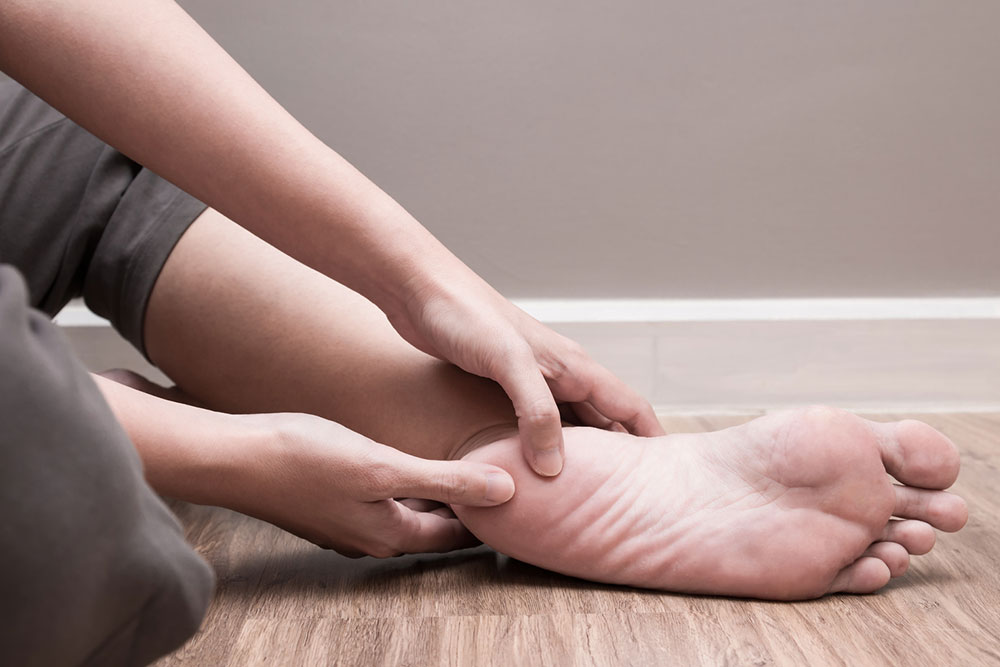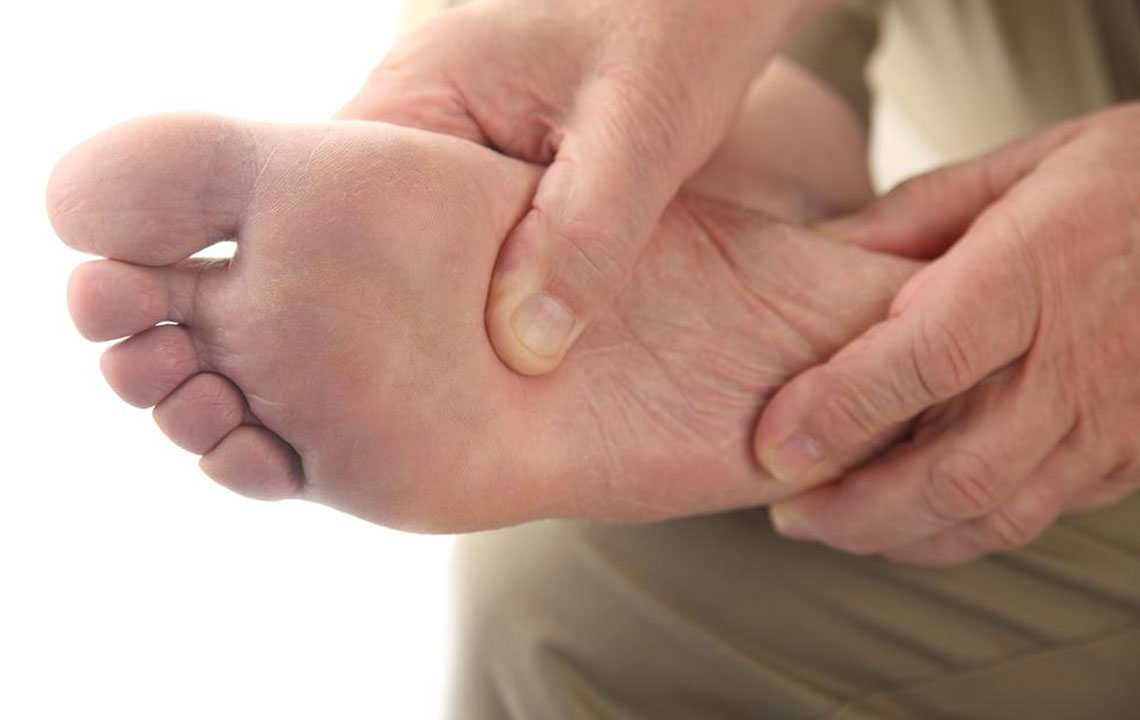Comprehensive Guide to Managing Nerve Discomfort
This comprehensive article explores nerve pain, including its causes like diabetes and shingles, symptoms such as tingling and numbness, and natural remedies like warm baths, massages, and dietary changes. It emphasizes the importance of medical diagnosis and consulting healthcare professionals. The guide aims to inform readers about effective management strategies to improve quality of life and reduce discomfort caused by nerve issues.

Understanding Nerve Discomfort: Causes, Symptoms, and Remedies
Nerve discomfort arises from numerous health issues, such as diabetes, HIV, shingles, or tumors. For some individuals, it can be intensely bothersome, while for others, it profoundly impacts daily life. Symptoms like electric shocks, burning sensations, or pinpricks can interfere with normal activities and cause emotional distress, including depression and anxiety. Recognizing the causes, symptoms, and treatment options, including natural remedies, is essential for effectively managing nerve pain.
What causes nerve discomfort? Multiple nerves transmit sensations to the brain, including pain. Normally, pain serves as protection, alerting us to injury. In nerve pain conditions, this signaling malfunction causes pain without an apparent injury. Damage from illnesses or physical trauma often disrupts nerve function, leading to abnormal pain signals.
Several health conditions can trigger nerve pain, including:
Cancer and Tumors: Masses pressing on nerves or originating from nerve tissue can cause pain. Cancer treatments like chemotherapy may also harm nerves, causing discomfort.
HIV: HIV can damage nerves, often presenting as tingling or pain in extremities. Antiretroviral treatments might exacerbate nerve issues.
Diabetes: Chronic high blood sugar levels can injure nerves, leading to diabetic neuropathy and pain.
Shingles: Post-herpetic neuralgia following shingles can cause intense, sudden pain.
Physical Injuries: Trauma resulting in nerve compression or severing leads to nerve pain.
Symptoms of nerve pain include: Tingling, prickling sensations, numbness, and reduced reflexes.
Diagnosing nerve pain involves: Immediate medical consultation is crucial. In diagnosed conditions like diabetes, HIV, or cancer, understanding the pain's source is straightforward. When undiagnosed, doctors may conduct lab tests, nerve conduction studies, MRI, CT scans, or nerve biopsies to determine the cause.
Natural approaches for alleviating nerve pain: While medications are common, some natural methods can assist, always after consulting a healthcare professional:
Warm Soaks: Warm baths or compresses can ease pain and reduce discomfort, avoiding hot temperatures for safety.
Massage Therapy: Massages improve blood flow, relax muscles, and help alleviate nerve pain.
Psychological Support: Managing stress, depression, and anxiety can lessen nerve pain severity.
Supplements: Nutrients like vitamins B1, B12, B6, E, D, and zinc may address deficiencies connected to nerve issues.
Diet Adjustments: Avoiding gluten, sugar, soy, dairy, and corn may reduce inflammation and pain.
Disclaimer: Our website offers informational content across various topics, relying on research and data for insights. However, these articles are not replacements for professional medical advice. We do not guarantee the accuracy of all information and recommend consulting healthcare providers for personalized diagnosis and treatment options.










